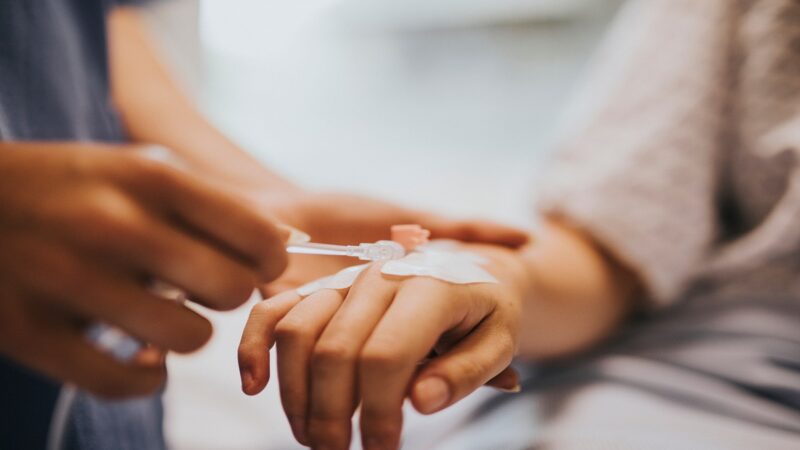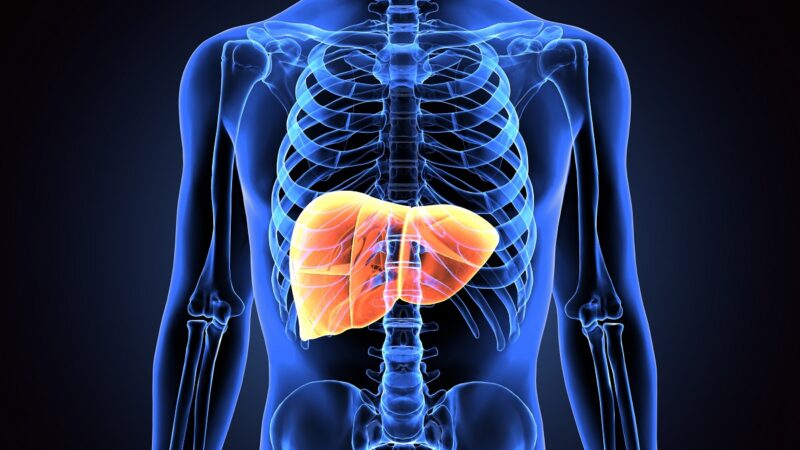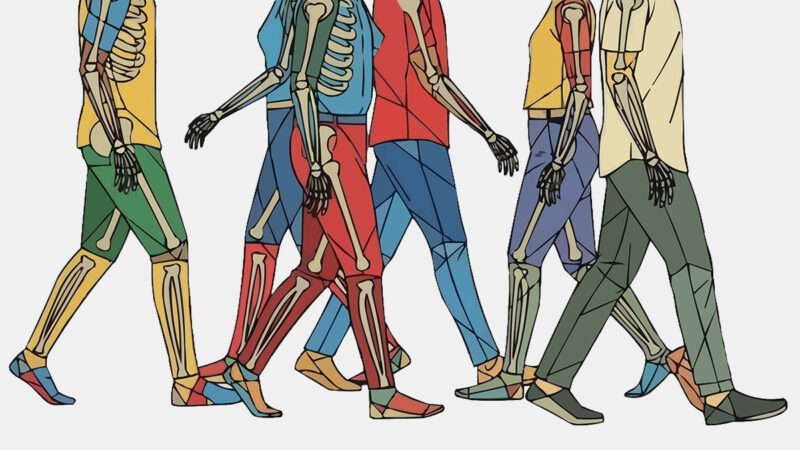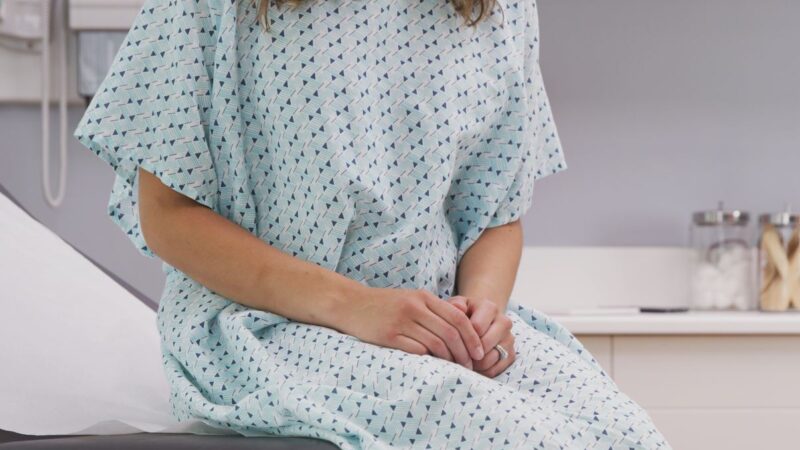Latest updates – Spring 2026
To explore the full story behind each of our innovative products in this section, please download and read its Innovation Brief.
Each of the innovative products we are featuring on this page in 2026 are classified as disruptive and novel innovations. They provide clear improvements when compared to the existing provision of care, and should not exist elsewhere, either within or beyond the health and care sector.
Other innovations are provided on our page ‘Dynamic Purchasing System (DPS) For Medical Technology Innovation’ or on individual frameworks (Contract Information Pages).
See our Downloads ▼ section to access a document detailing a larger range of value-driving opportunities.
ivWatch – monitoring system

Download our Innovation Brief
iVWatch is designed to continuously monitor tissue adjacent to an intravenous (IV) catheter insertion site.
Fibroscan

Download our Innovation Brief
Fibroscan offers offers a
novel approach to managing fibrosis and damage to the liver.
Steriwave Nasal Photo Disinfection

Download our Innovation Brief
Steriwave is a novel approach to managing pre-operative nasal decolonisation, and the device presents an opportunity to reduce Surgical Site Infections (SSIs).
Abdominal Aortic Junctional Tourniquet

Download our Innovation Brief
Abdominal Aortic Junctional Tourniquet-Stabilised (AAJT-S) is a device offering a novel approach to managing junctional and pelvic bleeding in major trauma cases.
Gaitsmart

Download our Innovation Brief
GaitSmart is a novel approach for falls prevention programmes.
OdonAssist

Download our Innovation Brief
OdonAssist is an innovative medical instrument designed to facilitate assisted vaginal deliveries, and an alternative to other current devices.

Latest health technology innovation via framework launch – Maternity care – controlling or treating abnormal postpartum uterine bleeding / haemorrhage
Following the birth of a child patients can now benefit from improved care with this innovation, specifically designed for the control and treatment of postpartum uterine bleeding.
The Jada® System is intended for suspected atony when conservative management of a patient is warranted. A vacuum system should be inserted within the first 24 hours following the delivery of a baby and may be used for a maximum of 24 hours.
This new innovation is intended for use by healthcare professionals trained and experienced in obstetrics.
| Jada® System Areas of implementation and adoption | Which Clinicians should be consulted? | NHS Priorities | How does this improve the patient’s pathway? |
| Emergency Surgery Labour and Delivery Maternity Services Obstetrics and Gynaecology Training and Development | Anaesthetists Clinical Directors Doctors Education and Training Inventory management Maternity Support Workers Midwives Obstetricians Service Managers Specialty Doctors | Improving Urgent and Emergency Care Maternity, Neonatal and Women’s health Use of Resources | Faster Recovery Times Improved Patient Experiences Improved Patient Outcomes Increased Safety Pain Reduction Reduced Infection Rates |
Latest DPS – Centauri (from cardioFocus) for ablation procedures
The Centauri System is indicated for use of ablation of atrial arrhythmias in conventional intracardiac ablation procedures. The system uses Pulsed Electric Field (PEF) technology that is optimized for cardiac tissue.
This is a platform technology and compatible with existing 3D mapping systems and focal ablation catheters, enabling PEF energy to be delivered through the existing capital and consumable infrastructure in the NHS, therefore negating the need for additional capital and consumables to be purchased and added to the supply chain.
As compared to thermal (hot or cold) technologies, PEF ablation may have significant safety advantages including reductions in esophageal injury, phrenic nerve injury, pulmonary vein stenosis, or stroke induced by microbubble formation from ablation.
| Areas of implementation and adoption | NHS Priorities | How does this improve the patient’s pathway? | Potential sustainability benefits |
| Cardiology | Reducing Elective Care Backlogs Use of Resources | Faster Recovery Times Improved Patient Experiences Improved Patient Outcomes Pain Reduction | Reduction in product usage Reduction in waste |
2025 Overview – ‘Strategy Opportunities Document’
See our Downloads ▼ section to access this document – providing an overview of all guidance currently available for medical technology innovation opportunities and adoption.
The ‘Strategy Opportunities Document’ includes:
- Novel Innovation available via the Dynamic Purchasing System (DPS).
- Novel Innovation and new areas to frameworks.
- NHSE MedTech Funding Mandate opportunities.
The guide was last updated comprehensively in late 2025, and it is intended for use by a variety of roles – for example procurement professionals, clinical specialists, project improvement leads, finance managers and innovation leads.
We will continue to support you with this process but have made this information available here to be accessed as and when you need it.
Key features:
- Products are broken down into speciality areas, and patients in scope.
- Product description.
- NPC codes or relevant contacts.
- Financial benefits.
- Operational benefits.
- Patient benefits.
- Environmental benefits.
- Key stakeholders.
- Contact details (in addition to our Care Pathway team and ICS Managers).
